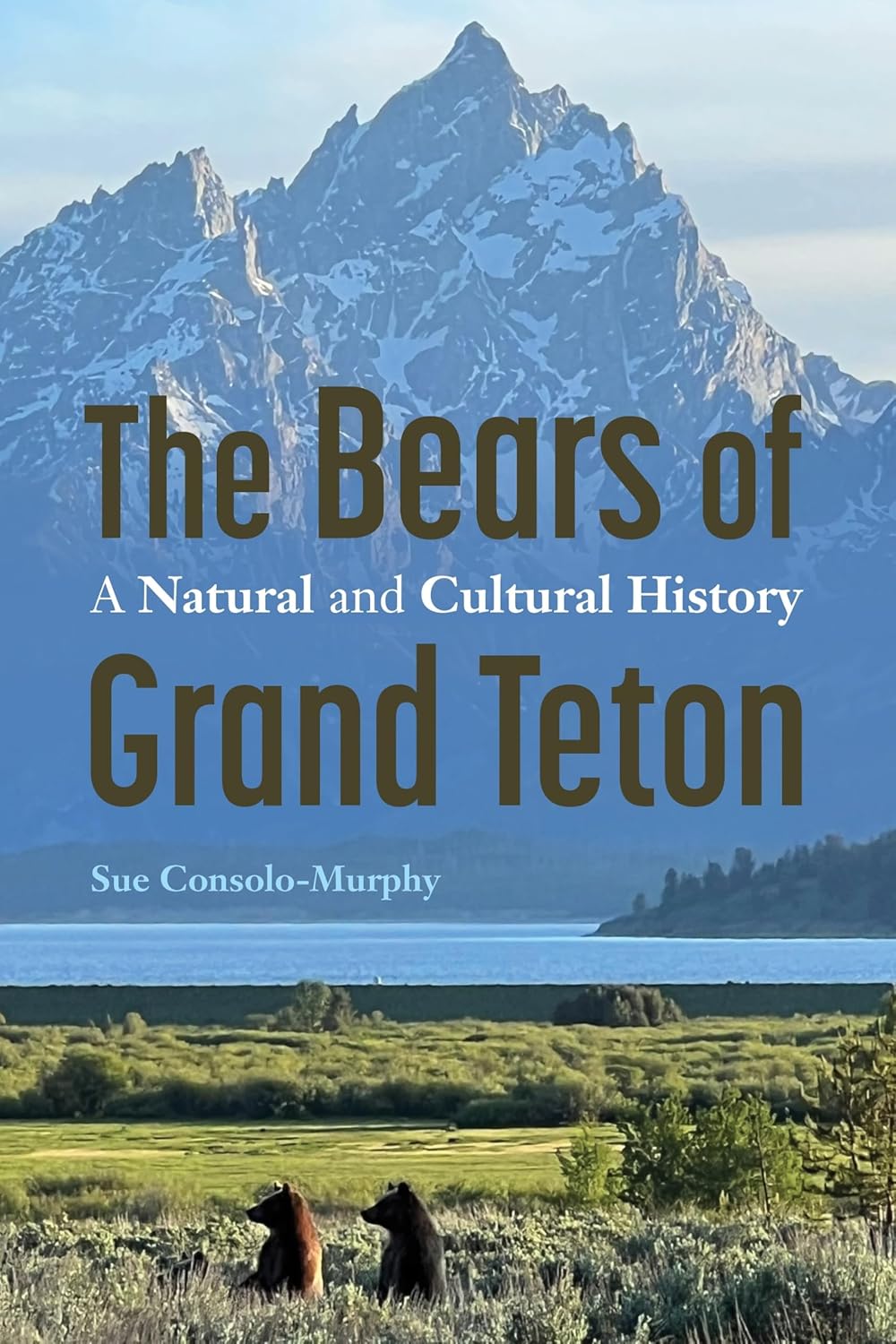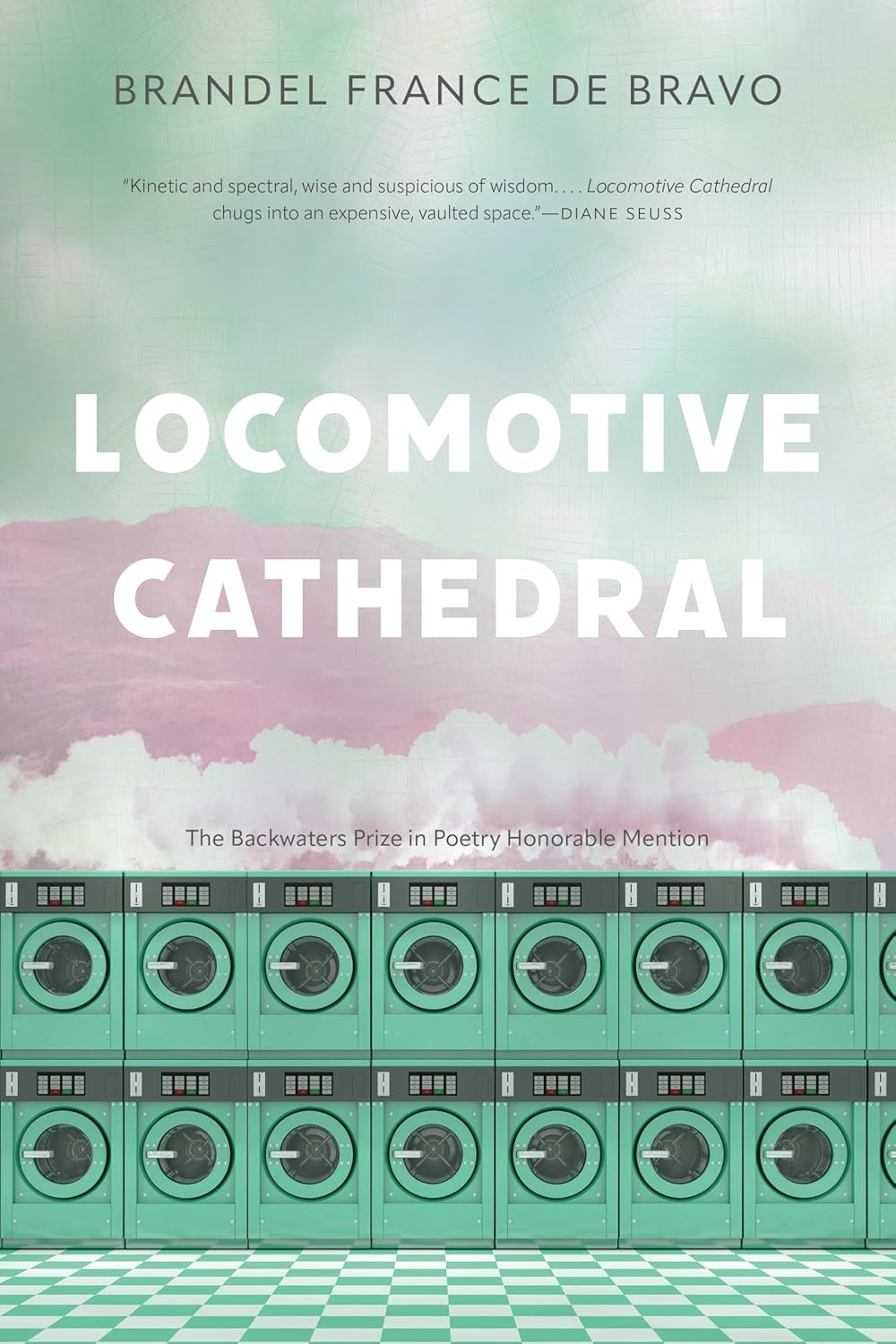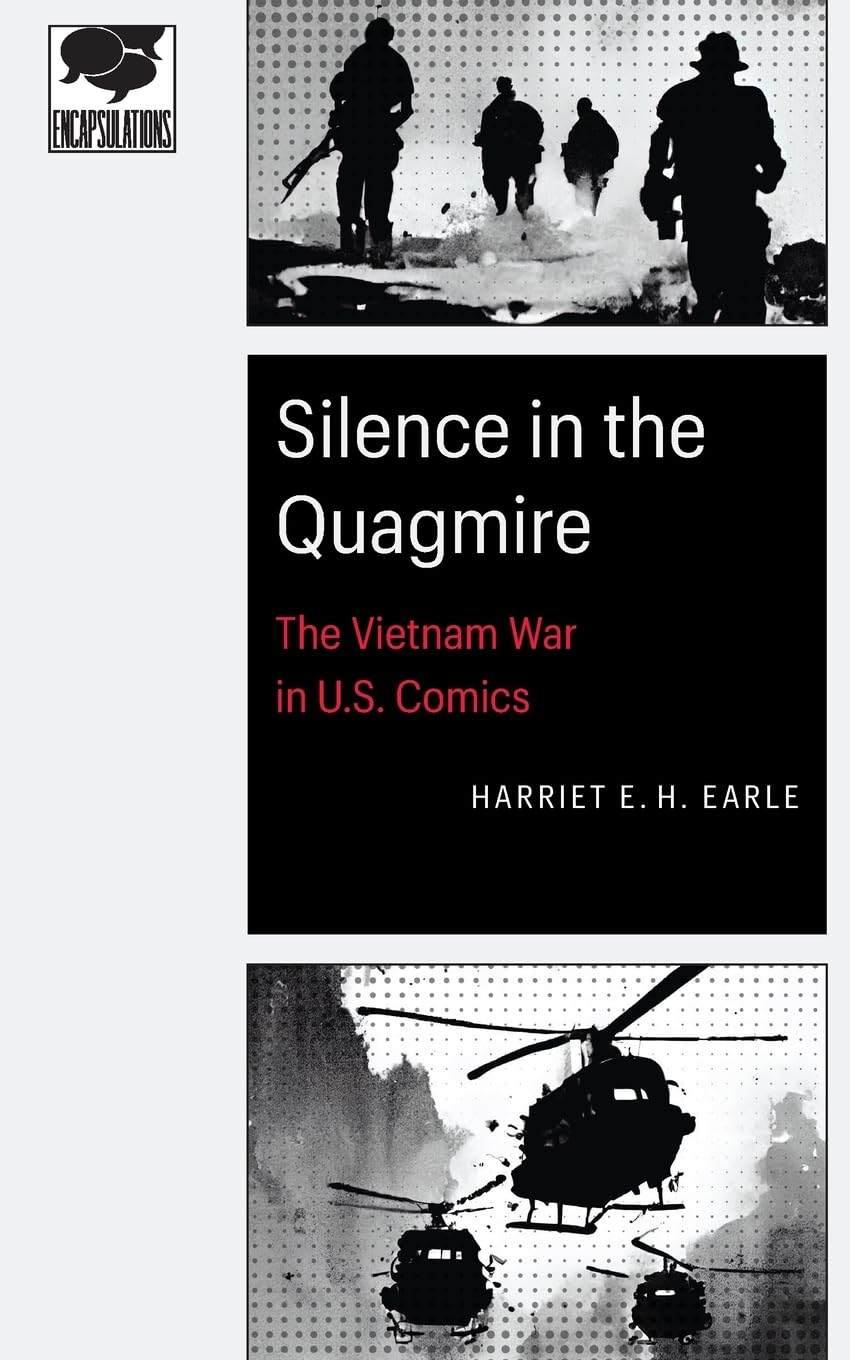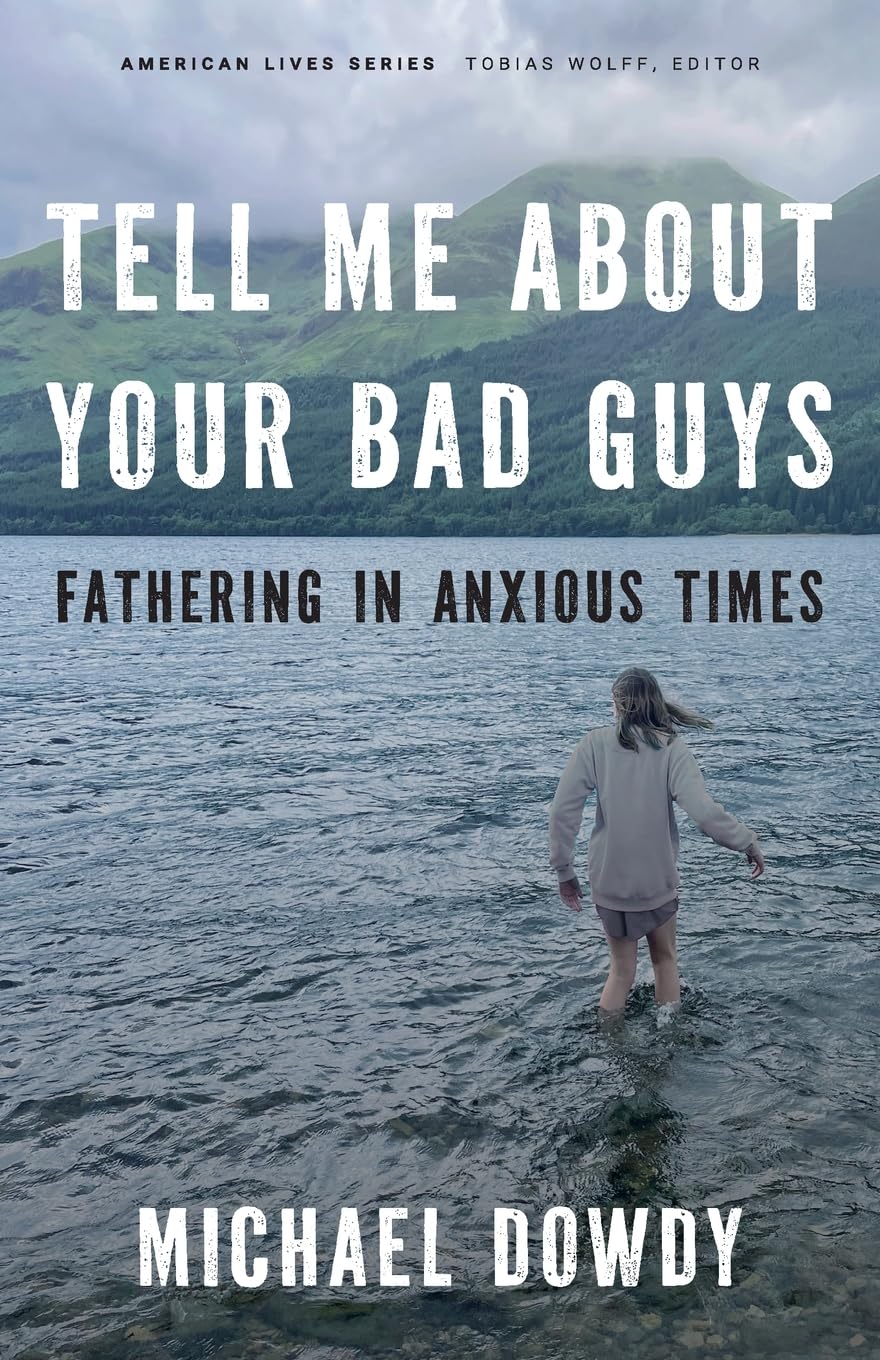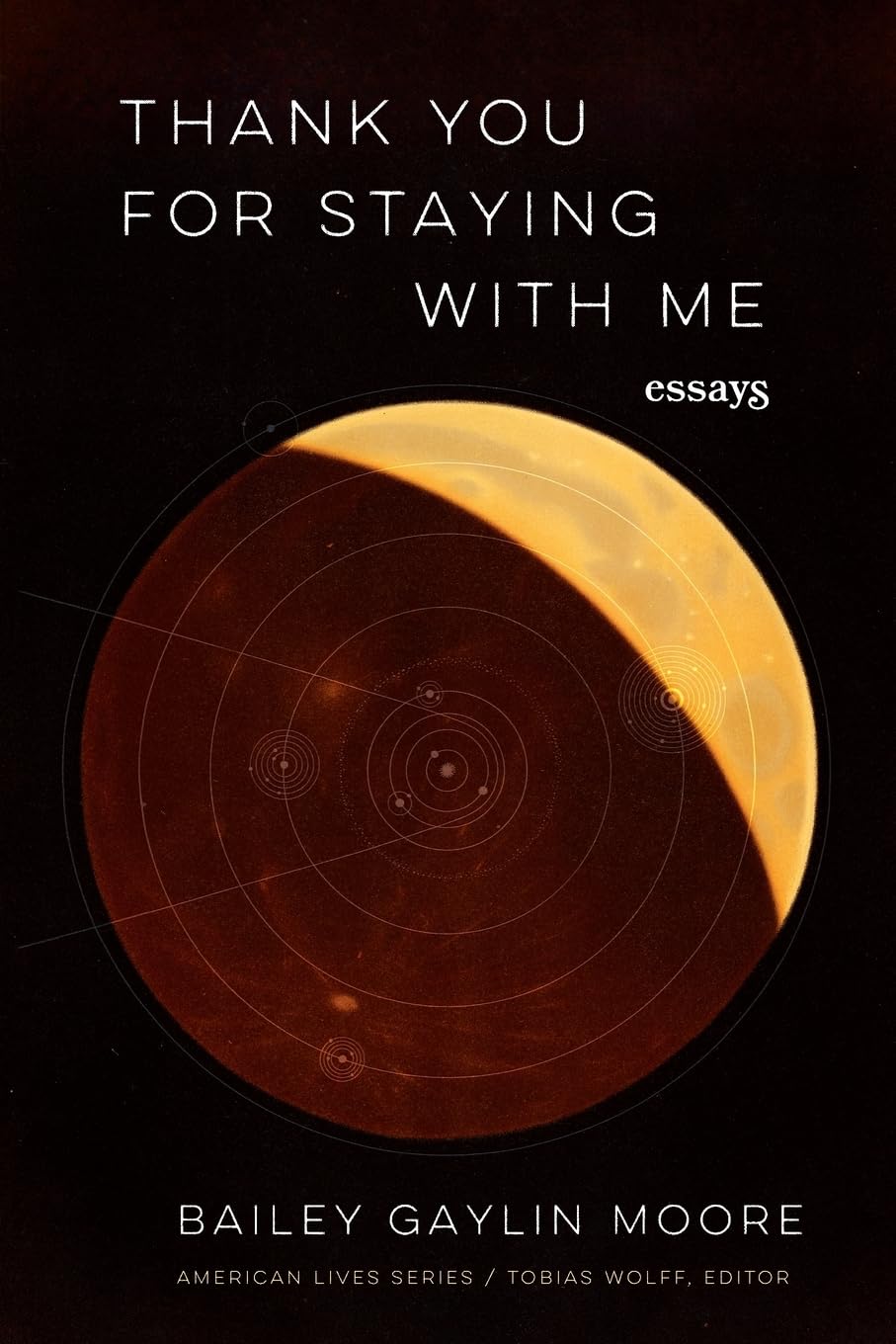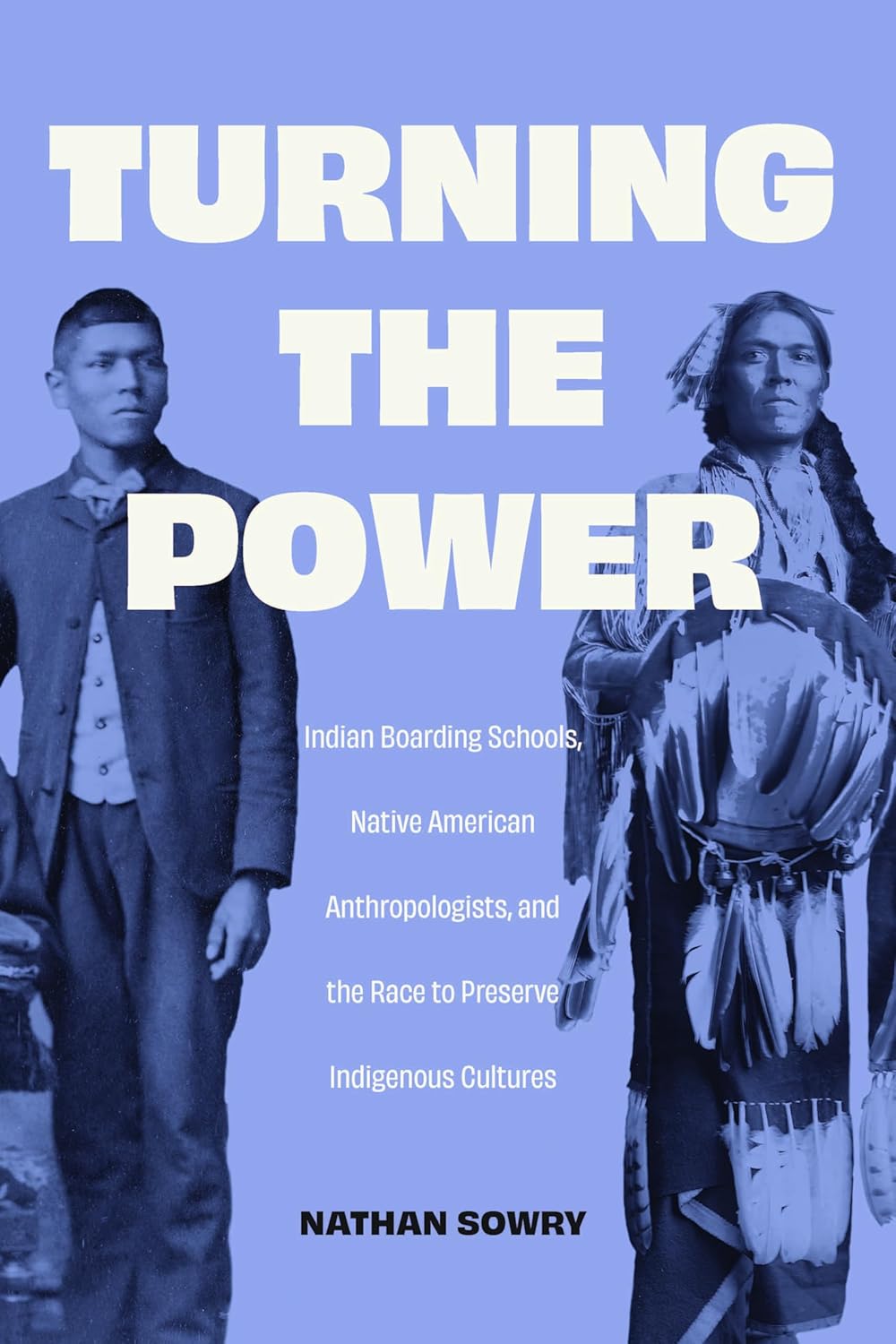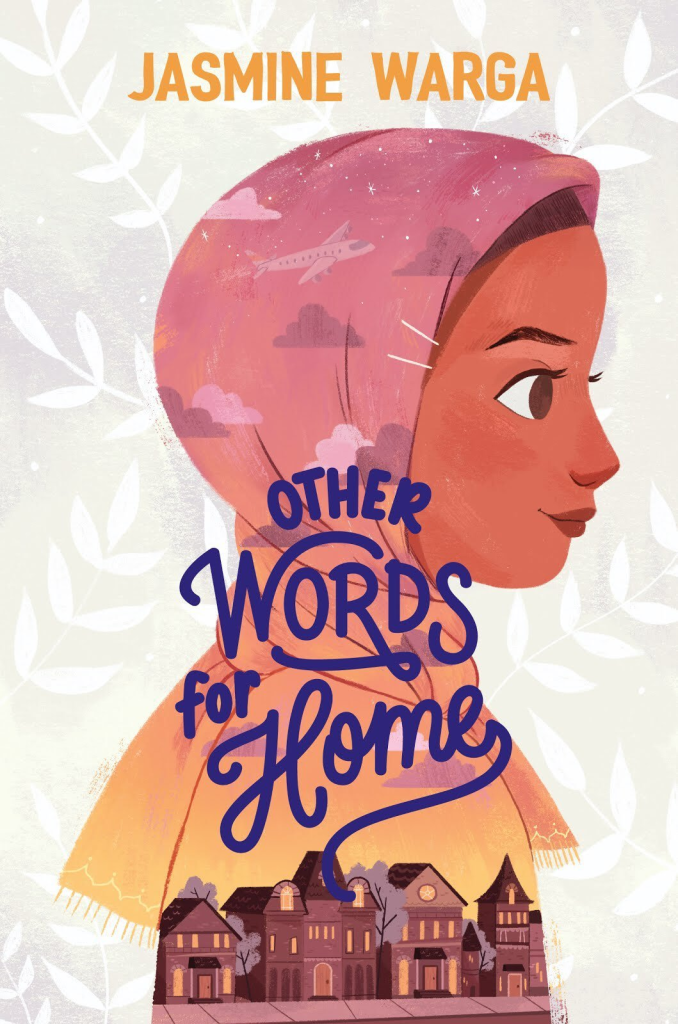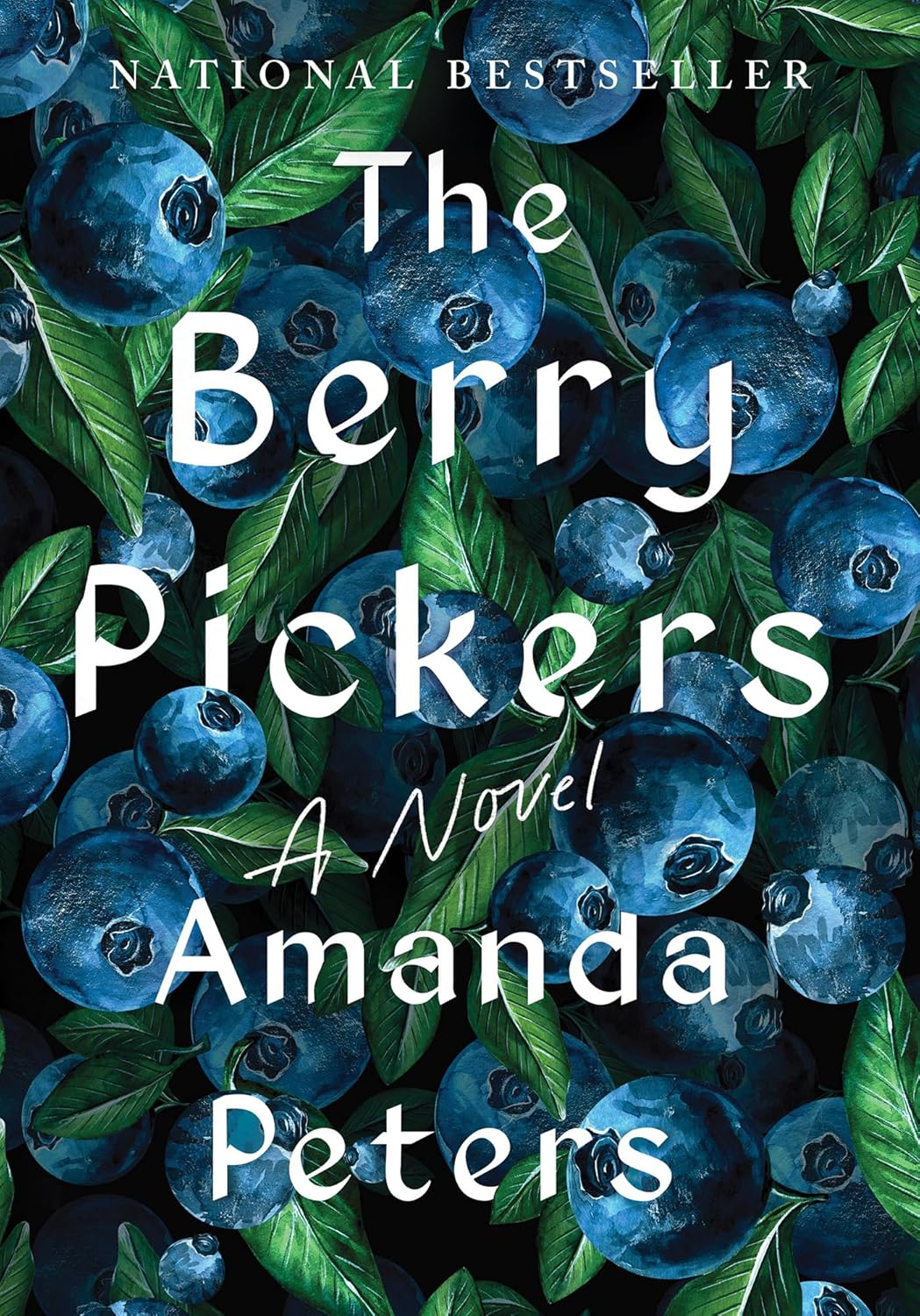Search the Blog
Categories
- Books & Reading
- Broadband Buzz
- Census
- Education & Training
- Friday Reads
- General
- Grants
- Information Resources
- Library Management
- Nebraska Center for the Book
- Nebraska Libraries on the Web
- Nebraska Memories
- Now hiring @ your library
- Preservation
- Pretty Sweet Tech
- Programming
- Public Library Boards of Trustees
- Public Relations
- Talking Book & Braille Service (TBBS)
- Technology
- Uncategorized
- What's Up Doc / Govdocs
- Youth Services
Archives
Subscribe
Tag Archives: books
#BookFaceFriday “The Last Story of Mina Lee” by Nancy Jooyoun Kim
Don’t turn your back on #BookFaceFriday!
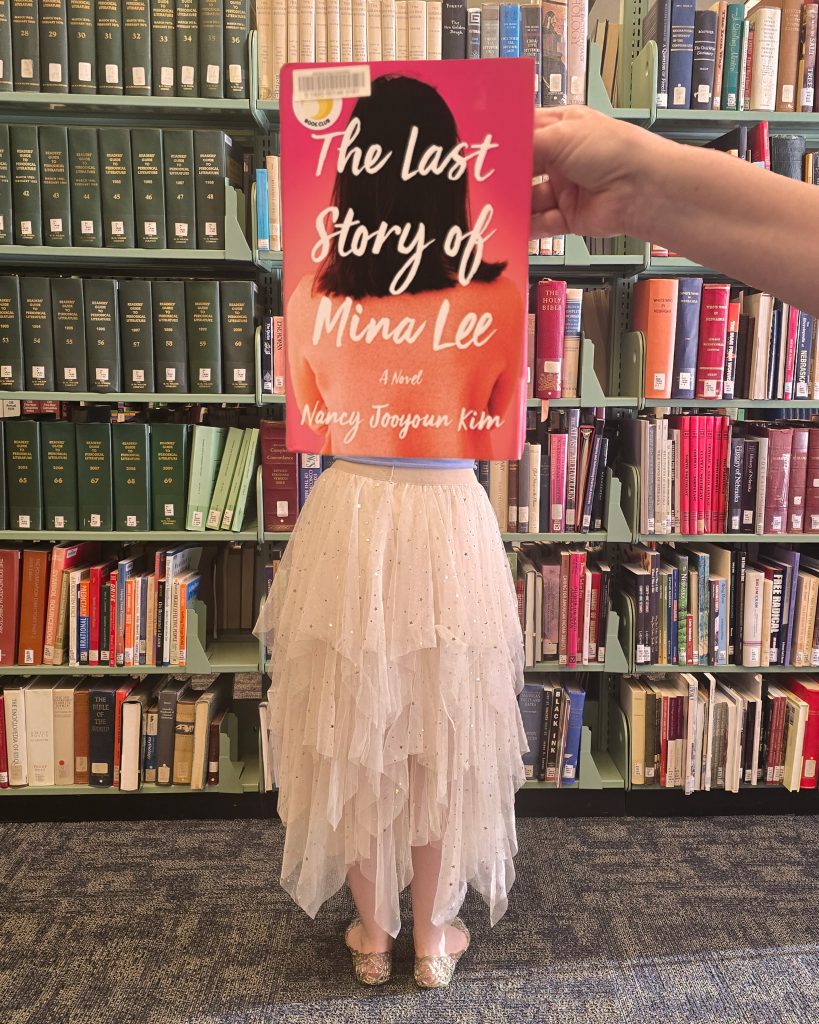
May is Asian American and Pacific Islander Heritage Month (AAPI), and we want to help you celebrate by highlighting just one of the many Asian authors in our collections. “The Last Story of Mina Lee” by Nancy Jooyoun Kim (Park Row, 2021) is a fictional novel recounting the fraught mother daughter relationship between first and second generation Korean immigrants. It’s available as an Audiobook through Nebraska OverDrive Libraries and is also available as a book club kit through the Nebraska Library Commission. You can find more AAPI stories to explore in our book club collection or Asian/Pacific authors here.
“Haunting and heartbreaking, troubled threads between a mother and daughter blend together in a delicate and rich weave… With both sadness and beauty, [Kim] describes grief, regret, loss, and the feeling of being left behind. Fans of Amy Tan and Kristin Hannah will love Kim’s brilliant debut.”
— Booklist, STARRED review
Libraries participating in the Nebraska OverDrive Libraries Group currently have access to a shared and growing collection of digital downloadable audiobooks and eBooks. 194 libraries across the state share the Nebraska OverDrive collection of 26,898 audiobooks, 36,794 ebooks, and 5,133 magazines. As an added bonus it includes 130 podcasts that are always available with simultaneous use (SU), as well as SU ebooks and audiobook titles that publishers have made available for a limited time. If you’re a part of it, let your users know about this great title, and if you’re not a member yet, find more information about participating in Nebraska Overdrive Libraries!
Book Club Kits Rules for Use
- These kits can be checked out by the librarians of Nebraska libraries and media centers.
- Circulation times are flexible and will be based upon availability. There is no standard check-out time for book club kits.
- Please search the collection to select items you wish to borrow and use the REQUEST THIS KIT icon to borrow items.
- Contact the Information Desk at the Library Commission if you have any questions: by phone: 800/307-2665, or by email: Information Services Team
Love this #BookFace & reading? We suggest checking out all the titles available for book clubs at http://nlc.nebraska.gov/ref/bookclub. Check out our past #BookFaceFriday photos on the Nebraska Library Commission’s Facebook page!
Book Briefs: New University of Nebraska Press Books at the Nebraska Publications Clearinghouse
The Nebraska Publications Clearinghouse receives documents every month from all Nebraska state agencies, including the University of Nebraska Press (UNP). UNP books, as well as all Nebraska state documents, are available for checkout by libraries and librarians for their patrons.
Here are the UNP books the Clearinghouse received in March and April, 2025:
The Bears of Grand Teton: a Natural and Cultural History, by Sue Consolo-Murphy. Series: America’s Public Lands
The Bears of Grand Teton is the first comprehensive history of bears, black and grizzly, and their interactions with people in Grand Teton National Park and the surrounding area of Jackson Hole, Wyoming. It is also a personal account by Sue Consolo-Murphy, who spent thirty years as a wildlife manager for the National Park Service.
Consolo-Murphy focuses on the natural, cultural, and administrative histories of bears in and around Grand Teton National Park and the nearby John D. Rockefeller Jr. Memorial Parkway, paying particular attention to bears’ interactions with livestock. Entertaining and educational, The Bears of Grand Teton also explores the phenomenon of social media celebrity bears—such as Grizzly 399, the world’s most famous bear—and the challenges of listing and removing grizzly bears from Endangered Species Act protection.
A Grammar of Nakoda (Assiniboine), by Linda A. Cumberland. Series: Studies in the Native Languages of the Americas
A Grammar of Nakoda (Assiniboine) is the first complete grammar of the Native American language Assiniboine, also known by the endonym Nakoda, a member of the Siouan language family. It addresses all major grammatical categories, including phonology, nouns, verbs, adverbs, enclitics, determiners, syntax, and kinship terminology. It also includes groundbreaking analysis of motion verbs of coming and going, demonstrating that such verbs compose a closed system that is consistent in varying degrees across all Siouan languages.
Over the past century and a half, the classification of the Assiniboine language has suffered due to a complicated history regarding the Dakotan branch of the Siouan language family. Once spoken over a vast contiguous area of the northern plains, Assiniboine/Nakoda is used today among the Assiniboine people in and around Fort Belknap and Fort Peck in Montana and in five reserves in Saskatchewan. A Grammar of Nakoda (Assiniboine) establishes the singular basis of the language while also relating its unique features to other Great Plains American Indian languages.
Locomotive Cathedral, by Brandel France de Bravo. Series: The Backwaters Prize in Poetry Honorable Mention
With wit and vulnerability, Brandel France de Bravo explores resilience in the face of climate change and a global pandemic, race, and the concept of a self, all while celebrating the power of breath as “baptism on repeat.” Whether her inspiration is twelfth-century Buddhist mind-training slogans or the one-footed crow who visits her daily, France de Bravo mines the tension between the human desire for permanence and control, and life’s fluid, ungraspable nature. Poem by poem, essay by essay, she builds a temple to the perpetual motion of transformation, the wondrous churn of change and exchange that defines companionship, marriage, and ceding our place on Earth: “not dying, but molting.”
Memories of Buffalo Bill, by Louisa Frederici Cody. Series: The Papers of William F. “Buffalo Bill” Cody
Written with the help of Courtney Ryley Cooper, Memories of Buffalo Bill offers an idealized account of William F. Cody’s life from the perspective of his wife, Louisa. True to its origins, this account offers many more details about Cody’s domestic life, including his children, than any other preceding work. Although William and Louisa’s real-life marriage was marred by some high-profile scandals, it endured until her husband’s death in 1917.
Memories of Buffalo Bill, the first biography of William F. Cody to appear after his death, strikes a celebratory tone in narrating highlights of his life and enterprises. Through its introduction, notes, and appendixes, this edition offers a broader context for the Codys’ marriage, evidencing its private realities and the collaboration required to preserve the Buffalo Bill image in the public eye. Out of print since its first publication, Louisa Cody’s memoir highlights the processes involved in crafting and preserving a national myth. Both for what it does and does not say, it was the first step in laying a foundation for the enduring legacy of Buffalo Bill as an American icon.
Nebraska Government and Politics, edited by Robert Blair, Christian L. Janousek, and Jerome Deichert. Series: Politics and Governments of the American States
Nebraska Government and Politics offers an in-depth examination of the connection between the political culture, traditions, and heritage of Nebraska and its governmental institutions. This new edition discusses federalism, constitutionalism, and the continuing American frontier, paying special attention to the effects and frameworks of Nebraska’s political culture. The contributors emphasize enduring trends and issues through Nebraska’s history as they examine the cultural foundations of the state’s political institutions, the major governmental structures in the state, and the political and administrative relationships at play. The chapters cover periodic populism, the state constitution, nonpartisanship and direct democracy, budgeting and financial policies, the unicameral, the executive branch, local government, political culture, and capital punishment.
Robert Blair, Christian L. Janousek, and Jerome Deichert provide a long view of Nebraska, a state whose unique political culture is reflected in its institutions.
Old Rags and Iron: New and Selected Poems, by R.F. McEwen. Series: Ted Kooser Contemporary Poetry
Old Rags and Iron is a collection of narrative poems about the life experiences of working-class people with whom the author, R. F. McEwen, is not only acquainted but whose lives he has shared. McEwen supplemented his income as a teacher while working as a professional logger and tree trimmer, and he writes with great love and respect for blue-collar families.
Set primarily in the back-of-the-yard neighborhood of South Side Chicago, where McEwen grew up, as well as Pine Ridge, South Dakota, western Nebraska, Ireland, and elsewhere, the poems celebrate many voices and stories. Utilizing tree-trimming as a central metaphor, these poems of blank verse fictions reverberate like truth.
Silence in the Quagmire: The Vietnam War in U.S. Comics, by Harriet E.H.Earle. Series: Encapsulations: Critical Comics Studies
Old Rags and Iron is a collection of narrative poems about the life experiences of working-class people with whom the author, R. F. McEwen, is not only acquainted but whose lives he has shared. McEwen supplemented his income as a teacher while working as a professional logger and tree trimmer, and he writes with great love and respect for blue-collar families.
Set primarily in the back-of-the-yard neighborhood of South Side Chicago, where McEwen grew up, as well as Pine Ridge, South Dakota, western Nebraska, Ireland, and elsewhere, the poems celebrate many voices and stories. Utilizing tree-trimming as a central metaphor, these poems of blank verse fictions reverberate like truth.
Tell Me About Your Bad Guys: Fathering In Anxious Times, by Michael Dowdy. Series: American Lives
Michael Dowdy perceives the world as a poet, one with an anxiety disorder. As a result he has rarely experienced fathering or his relationship with his daughter, A, as a linear narrative. Rather, his impressions of fathering coalesce in encounters with the conditions of our time, producing intense flashes of awareness and emotion. Critiquing his own fathering practices, Dowdy’s essays move between simplicity—being present for his daughter—and complexity—considering the harrowing present of entrenched misogyny, school shootings, climate change, and other threats to childing and fathering with love, optimism, and joy.
The essays in Tell Me about Your Bad Guys do not provide easy answers. They follow instead an interrogative mode, guided by A’s unruly questions and Dowdy’s desire to avoid fatherhood literature’s traps: false modesty, antic ineptitude, and defensive clowning. This means understanding fathering not as an ironclad identity or a cohesive story but as a process of trial and error, self-reflection, and radical openness. With measures of dark humor, the essays take seriously the literary, material, and political stakes of fathering and in doing so challenge patriarchal norms and one-dimensional accounts of fatherhood.
Thank You for Staying with Me: Essays, by Bailey Gaylin Moore. Series: American Lives
Urgent, meditative, and searching, Thank You for Staying with Me is a collection of essays that navigates the complexities of home, the vulnerability of being a woman, mother-daughter relationships, and young motherhood in the conservative and religious landscape of the Ozarks. Using cosmology as a foil to discuss human issues, Bailey Gaylin Moore describes praying to the sky during moments of despondency, observing a solar eclipse while reflecting on what it means to be in the penumbra of society, and using galaxy identification to understand herself. During a collision of women’s rights, gun policy, and racial tension, Thank You for Staying with Me is a frank and intimate rumination on how national policy and social attitudes affect both the individual and the public sphere, especially in such a conservative part of the United States.
Turning the Power: Indian Boarding Schools, Native American Anthropologists, and the Race to Preserve Indigenous Cultures, by Nathan Sowry. Series: Critical Studies in the History of Anthropology
In Turning the Power Nathan Sowry examines how some Native American students from the boarding school system, with its forced assimilationist education, became key cultural informants for anthropologists conducting fieldwork during the late nineteenth and early twentieth centuries. Salvage anthropologists of this era relied on Native informants to accomplish their mission of “saving” Native American cultures and ultimately turned many informants into anthropologists after years of fieldwork experience.
Sowry investigates ten relatively unknown Native American anthropologists and collaborators who, from 1878 to 1930, attended a religiously affiliated mission school, a federal Indian boarding school, or both. He tells the stories of Native anthropologists Tichkematse, William Jones, and James R. Murie, who were alumni of the Hampton Institute in Virginia. Richard Davis and Cleaver Warden were among the first and second classes to attend the Carlisle Indian Industrial School in Pennsylvania. Amos Oneroad graduated from the Haskell Indian Industrial Training School in Lawrence, Kansas, after attending mission and boarding schools in South Dakota. D. C. Duvall, John V. Satterlee, and Florence and Louis Shotridge attended smaller boarding and mission schools in Montana, Wisconsin, and Alaska Territory, respectively.
Turning the Power follows the forced indoctrination of Native American students and then details how each of them “turned the power,” using their English knowledge and work experience in the anthropological field to embrace, document, and preserve their Native cultures rather than abandoning their heritage.
**Pictures and Synopses courtesy of University of Nebraska Press.
#BookFaceFriday “House of Sticks: A Memoir” by Ly Tran
Get your hands on this #BookFaceFriday!
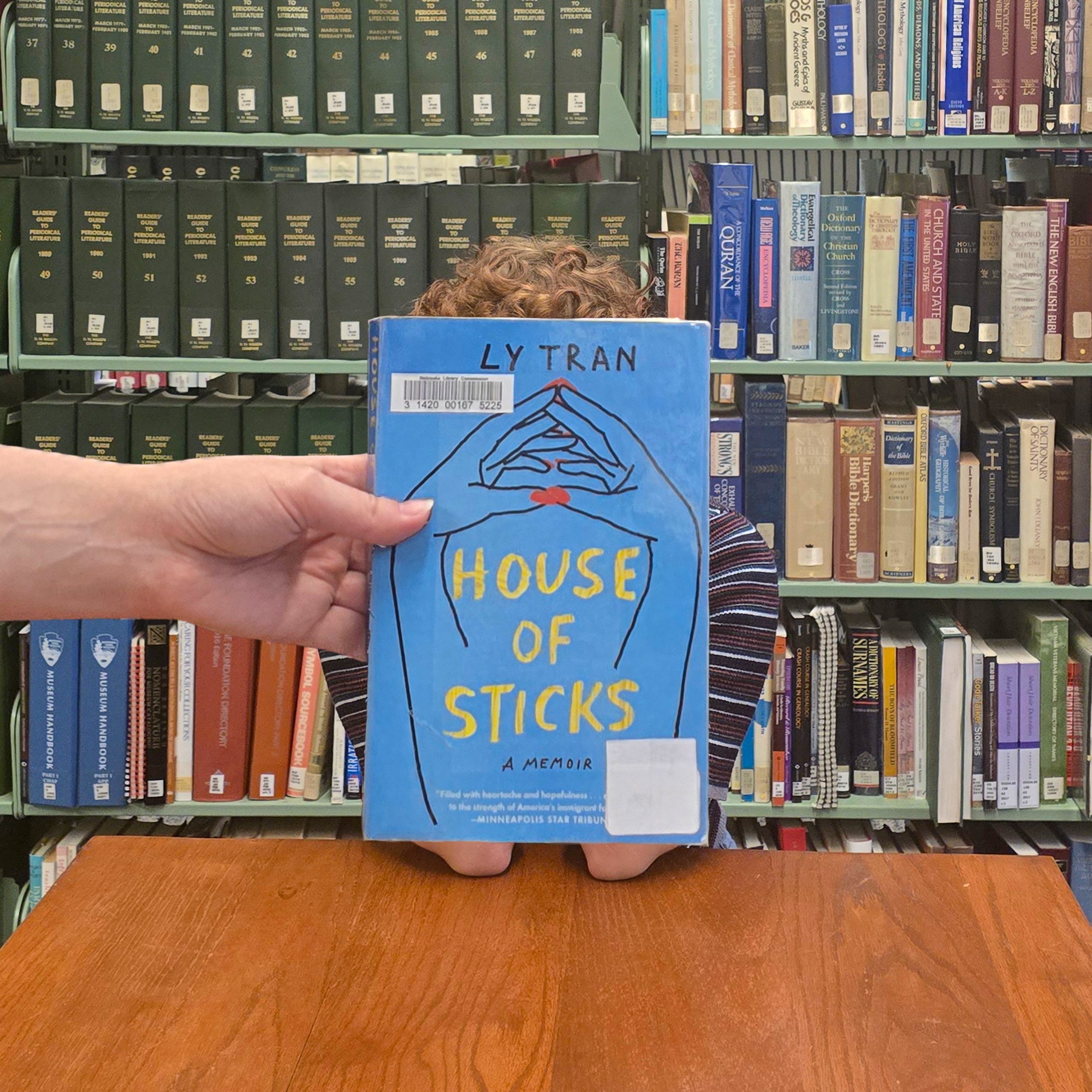
This #BookFace is a sneak peek at our next Book Club Spotlight! “House of Sticks: A Memoir” by Ly Tran (Scribner; First Edition; 2021), follows Ly’s life from childhood when her and her family immigrate from a small town along the Mekong river in Vietnam to a two-bedroom railroad apartment in Queens and she finds herself torn between two worlds.
A New York City Book Awards Hornblower Award Winner and one of Vogue and NPR’s Best Books of the Year, Ly Tran writes a deeply compelling memoir. We have 8 copies for your reading group to borrow in our Book Club Kit collection, and you can look forward to reading the upcoming spotlight on May 6th!“Powerful … showcases the tremendous power we have to alter the fates of others, step into their lives and shift the odds in favor of greater opportunity”
— Minneapolis Star Tribune
Book Club Kits Rules for Use
- These kits can be checked out by the librarians of Nebraska libraries and media centers.
- Circulation times are flexible and will be based upon availability. There is no standard check-out time for book club kits.
- Please search the collection to select items you wish to borrow and use the REQUEST THIS KIT icon to borrow items.
- Contact the Information Desk at the Library Commission if you have any questions: by phone: 800/307-2665, or by email: Information Services Team
Love this #BookFace & reading? Check out our past #BookFaceFriday photos on the Nebraska Library Commission’s Facebook page!
Posted in Books & Reading, General
Tagged book club kit, Book Club Kits, Book Covers, bookface, bookfacefriday, books, House of Sticks, Ly Tran, Reading
Leave a comment
Friday Reads: “The Crime Brulée Bake Off” by Rebecca Connolly
I love watching cooking and baking shows. From classics like Masterchef, or more fun shows like Netflix’s Nailed It or Dropout’s Gastronauts, or YouTube content like Tasting History with Max Miller, there’s a plethora of options to choose from with different themes and vibes. But one show takes the cake, and that would be The Great British Bake Off. My friends and I will often have watch parties as the newest season airs, choosing bakers to root for as the season goes on. So when I visited my local library and saw The Crime Brûlée Bake Off by Rebecca Connolly with their new mystery arrivals, I was instantly interested and as soon as I had a chance to sit down and read it I found myself charmed by the parody it creates.
The novel follows Claire Walker, a teacher with a love for history who just learned that she will be one of the bakers on the newest season of Britan’s Battle of the Bakers. This season is set to take place on the estate of Blackfirth Park, where our secondary character and future love interest Viscount of Colburn Jonathan Ainsley lives. Claire’s peppy and quirky energy is juxtaposed with Jonathan’s more serious (and somewhat annoyed) tone every other chapter, swapping perspectives as the show goes on.
At first it seems like a simple re-imagining of the classic Bake Off show, with a few changes such as a cash prize. But after the first round of baking one of the bakers is found dead in the estate’s mill, the body found in the exact same way as the 10th Viscountess who had died mysteriously many years ago. The novel becomes a very fun murder mystery where the suspense grows alongside the budding romance between Claire and Johnathan, who are helping the lead detective look into the death and the various suspects. Some say it was the ghost of the Viscountess herself, the local government and showrunners are more than happy to say it was an accident, but they’re convinced it was a murder. But they need to prove it before the show ends, and hopefully before Claire gets sent home for a bad bake.
If you love The Great British Bake Off and enjoy a good romance mystery novel, The Crime Brûlée Bake Off makes for a fun and lighthearted read. Claire’s silly exclamations such as “crepes alive!” had me giggling, and the mystery of the murder kept me guessing. Plus, once you’re finished with the story there are six recipes in the back, each a story-relevant bake from the book. I certainly can’t wait to give one of them a try!
Connolly, Rebecca. The Crime Brûlée Bake Off. Shadow Mountain. 2025.
Posted in Books & Reading, Friday Reads, General
Tagged Book Review, books, Friday Reads, Novel, Reading, Rebecca Connolly, The Crime Brulee Bake Off
Leave a comment
#BookFaceFriday “The Trial and Execution of the Traitor George Washington” by Charles Rosenberg
We’re up in arms about #BookFaceFriday!
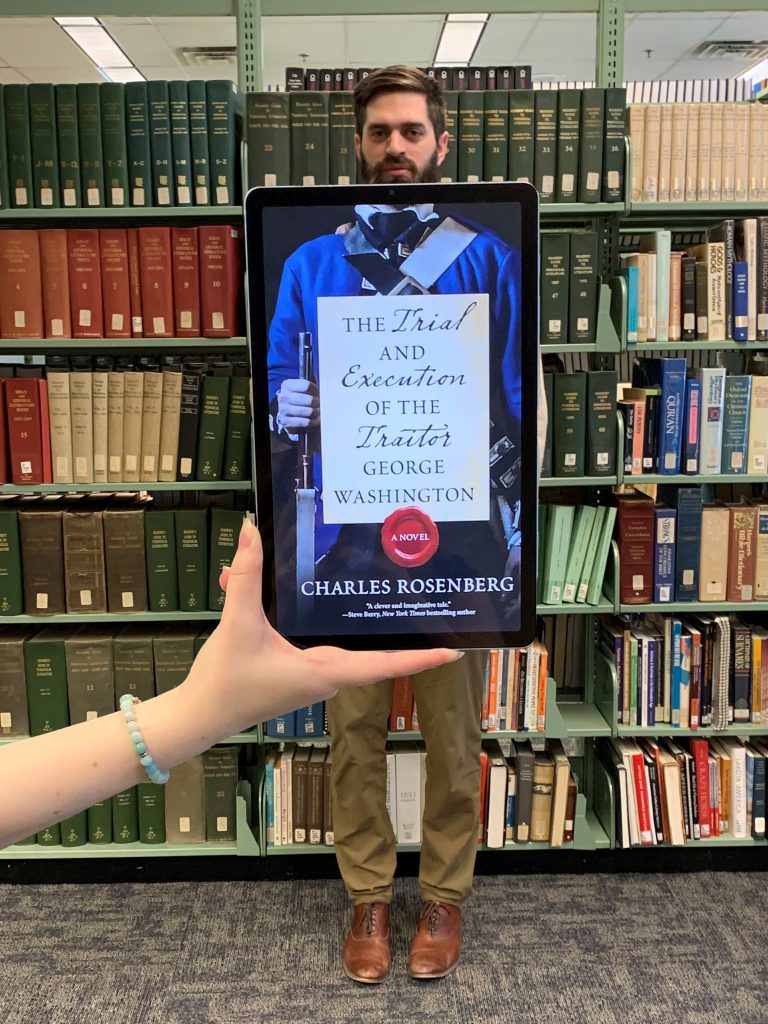
You say you want a revolution. Well, you know, we all want to change the world. If you devour military history books, love a good historical fiction, or are just looking for something new to read, check out what’s being showcased on the Nebraska OverDrive Library home page. you’ll find titles like this week’s #bookface, “The Trial and Execution of the Traitor George Washington: A Novel” by Charles Rosenberg (Harleqin Audio, 2018) which is a historical fiction read touted as “A thought-provoking novel that imagines what would have happened if the British had succeeded in kidnapping General George Washington.” It’s available as an audiobook through Nebraska OverDrive Libraries and is currently featured in the “250th Anniversary of the American Revolution” curated collection, along with many other novels and nonfiction centered around this particular piece of American history.
“If you love history, you love to speculate. When it comes to the American Revolution, Charles Rosenberg can speculate with the best of them: What if the British captured George Washington and spirited him off to England? And that’s just the beginning of this hugely satisfying journey through time… a fascinating premise, a brisk pace, a storytelling high-wire act performed as deftly, convincingly, and entertainingly as it can be done. If you love historical speculation, you will love this novel.”
— William Martin, New York Times bestselling Author of Citizen Washington and The Lost Constitution
Libraries participating in the Nebraska OverDrive Libraries Group currently have access to a shared and growing collection of digital downloadable audiobooks and eBooks. 194 libraries across the state share the Nebraska OverDrive collection of 26,898 audiobooks, 36,794 ebooks, and 5,133 magazines. As an added bonus it includes 130 podcasts that are always available with simultaneous use (SU), as well as SU ebooks and audiobook titles that publishers have made available for a limited time. If you’re a part of it, let your users know about this great title, and if you’re not a member yet, find more information about participating in Nebraska Overdrive Libraries!
Love this #BookFace & reading? We suggest checking out all the titles available for book clubs at http://nlc.nebraska.gov/ref/bookclub. Check out our past #BookFaceFriday photos on the Nebraska Library Commission’s Facebook page!
Book Spotlight – Other Words for Home
It’s National Library Week once again, and as always, the best way to support your library is to use your library! At the Commission, we provide Book Club Kits, which are available for any public library or school in Nebraska to use. We have a wide selection of titles available and reading the Book Club Spotlight is a great way to get to know our incredible collection! Today’s Book Club Spotlight, Other Words for Home by Jasmine Warga, has been listed as a notable book for the Association for Library Service to Children, a Forbes Best Kids Book of 2019, and a Newbery Honor Book! Half-Jordanian, Warga was inspired by her community to write a story about how love and generosity can transcend country borders through the eyes of a young girl, arriving in America.
Jude is an average girl who enjoys her peaceful and fun life on the coast in Syria. She loves running around with her friend Fatima, and visiting her dad at his store as tourists bustle in and out. Whip-smart and confident, Jude often gets in trouble for talking too much, constantly being told to “skety!” (hush!) Her older brother, Issa, fights with her dad a lot about the future of their country, and Issa even moves out so he can better focus on helping others. Suddenly, their home isn’t so safe anymore. Jude and her pregnant mother move across the Atlantic Ocean to stay with family in far-flung Cincinnati, Ohio. There, Jude has to deal with all the normal middle school problems, but in a whole different country! She makes friends, learns English in her ESL class, and even auditions for the school play! It’s hard being the new kid, and here in the United States, she’s suddenly not so normal anymore.
“You will belong here.
– Jasmine Warga
You will belong wherever you want.
You will make anywhere beautiful”
Being from Syria, Jude’s first language is Arabic, and to express the expressive and lyrical Arabic language in English, Other Words for Home is written in free verse – meaning that it is written with poetic intent and metaphor that flows rhythmically but doesn’t have to rhyme. This can be a great introduction to readers learning about the different ways to write and tell stories. All ages of Book Club Groups can discuss how even though Jude faces difficulty in her new country, she stays true to herself. Warga hopes young readers will be inspired by Jude’s big dreams, confidence, and love for her culture. Like other middle schoolers, Jude is trying to navigate growing up like anyone else, learning to fit in and find where to call “home”.
If you’re interested in requesting Other Words for Home for your book club, you can find the Request Form here. There are 10 copies. (A librarian must request items)
Warga, Jasmine. Other Words for Home. Harper Collins. 2019.
#BookFaceFriday “On the Trail: A History of American Hiking” by Silas Chamberlin
Take a hike with #BookFaceFriday!
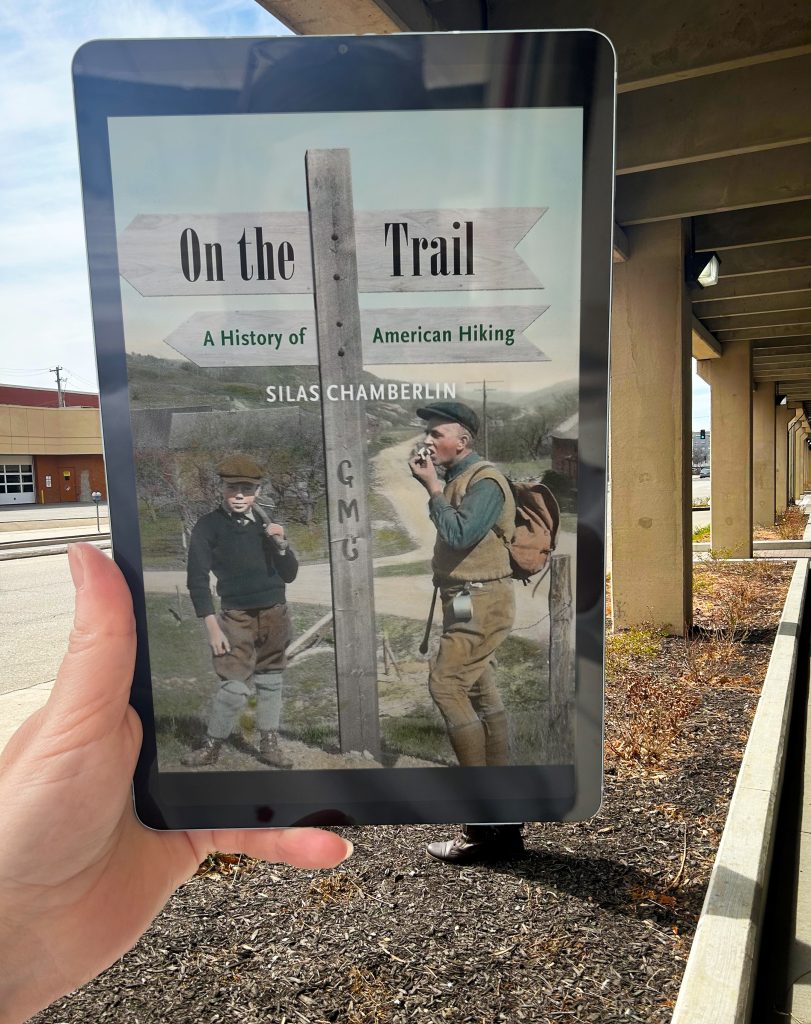
Take in the sunshine and breath some fresh air. “On the Trail: A History of American Hiking” by Silas Chamberlin (Yale University Press, 2016) is the first history of the American hiking community and its contributions to the nation’s vast network of trails.
Delving into unexplored archives, including those of the Appalachian Mountain Club, Sierra Club, Green Mountain Club, and many others, Silas Chamberlin recounts the activities of hikers who over many decades formed clubs, built trails, and advocated for environmental protection. It’s available as an eBook through Nebraska OverDrive Libraries and is currently featured in the “Take a Hike!” curated collection, along with many other novels about hiking and the wilderness.“This winning, thought-provoking book offers insight into a relatively unknown aspect of environmental history.”
— Library Journal (starred review)
Libraries participating in the Nebraska OverDrive Libraries Group currently have access to a shared and growing collection of digital downloadable audiobooks and eBooks. 194 libraries across the state share the Nebraska OverDrive collection of 26,898 audiobooks, 36,794 ebooks, and 5,133 magazines. As an added bonus it includes 130 podcasts that are always available with simultaneous use (SU), as well as SU ebooks and audiobook titles that publishers have made available for a limited time. If you’re a part of it, let your users know about this great title, and if you’re not a member yet, find more information about participating in Nebraska Overdrive Libraries!
Love this #BookFace & reading? We suggest checking out all the titles available for book clubs at http://nlc.nebraska.gov/ref/bookclub. Check out our past #BookFaceFriday photos on the Nebraska Library Commission’s Facebook page!
Book Club Spotlight – Mad Honey
Written by bestselling authors Jodi Picoult and Jennifer Finney Boylan, today’s Book Club Spotlight, Mad Honey, was made possible by the power of the internet and a (literal) dream. Known for their thoughtful and provoking works, Picoult, a writer on complex and controversial issues, and Boylan, the President of PEN America, combine their talents into a riveting story of love, identity, and tragedy. As Women’s History Month ends with the celebration of International Transgender Day of Visibility on the 31st, both topics are at the heart of today’s Spotlight.
“Mad Honey”- a sweet comfort turned poison by the pollinators we thought we could trust. In a small New Hampshire town, beekeeper Olivia McAfee has worked hard to keep her teenage son away from the world’s poison, including her abusive ex-husband. But now Asher’s girlfriend, Lily, is dead, and all fingers point towards him. All the while, Lily’s own story falls back through time, from the day she died to her first meeting with Asher. It was true love. Sure, he could get angry, but it was love- wasn’t it? In the present, Olivia must work through the pain of seeing her child accused of murder, not knowing if she can trust the boy she raised, while mourning for the tender girl they lost.
“Everybody is always still trying to learn, day after painful day, how to be themselves. I can’t wait”
– Jodi Picoult and Jennifer Finney Boylan
Told in dual timelines, Mad Honey shines in one cohesive text, drawn together by the dangerous reality of womanhood. The reader, like Olivia, goes back and forth throughout the novel, unsure of Asher’s innocence, scared that he’s not. But will the truth change the reality of Lily’s fate? A suspenseful novel for mature young adults and adult Book Club Groups, Mad Honey asks how much our identities and the past shape us. And how far would we go to defend a loved one. For fans of Picoult, her recurring character Jacob McAfee from The Pact, Nineteen Minutes, and Salem Falls makes an appearance as the family’s whip-smart lawyer.
If you’re interested in requesting Mad Honey for your book club, you can find the Request Form here. There are 5 copies. (A librarian must request items)
Picoult, Jodi and Jennifer Finney Boylan. Mad Honey. Ballantine Books, 2022.
Friday Reads: “The Berry Pickers: A Novel” by Amanda Peters
This historical fiction novel set in 1960s New England follows two families whose paths cross alongside a dirt road and are then forever entwined. Joe and his family are Mi’kmaq, they travel down from Nova Scotia every year to work the berry fields of Maine. His day begins as any other but when he fails to keep an eye on his four year old sister Ruthie, he will spend the rest of his life trying to atone for her disappearance.
Norma has grown up in a sheltered and isolated suburban home with a mother that always seems afraid to let her out of her sight. She doesn’t remember much of her early childhood, but her parent’s distress when she asks about it or mentions her imaginary friend Ruthie has taught her to keep questions to herself. As she grows up her assumption that she’s adopted, and her parents never wanted to tell her will be shaken by a more awful truth. The Berry Pickers follows the aftermath of one family’s tragedy and another’s sins as both try to move forward after the loss of a child. Peter’s weaves these two dramatically different family stories together, exploring themes of family, guilt, and identity. It was the winner of the Andrew Carnegie Medal for Excellence in Fiction, and the 2024 selection for One Book One Lincoln by Lincoln City Libraries.
Peters, Amanda. The Berry Pickers: A Novel. Catapult. 2023.
Posted in Books & Reading, Friday Reads, General
Tagged Alex Michaelides, Book Review, books, Friday Reads, Novel, Reading, The Maidens
Leave a comment
#BookFaceFriday “Catherine the Great: Portrait of a Woman” by Robert K. Massie
It’s the reign of #BookFaceFriday!
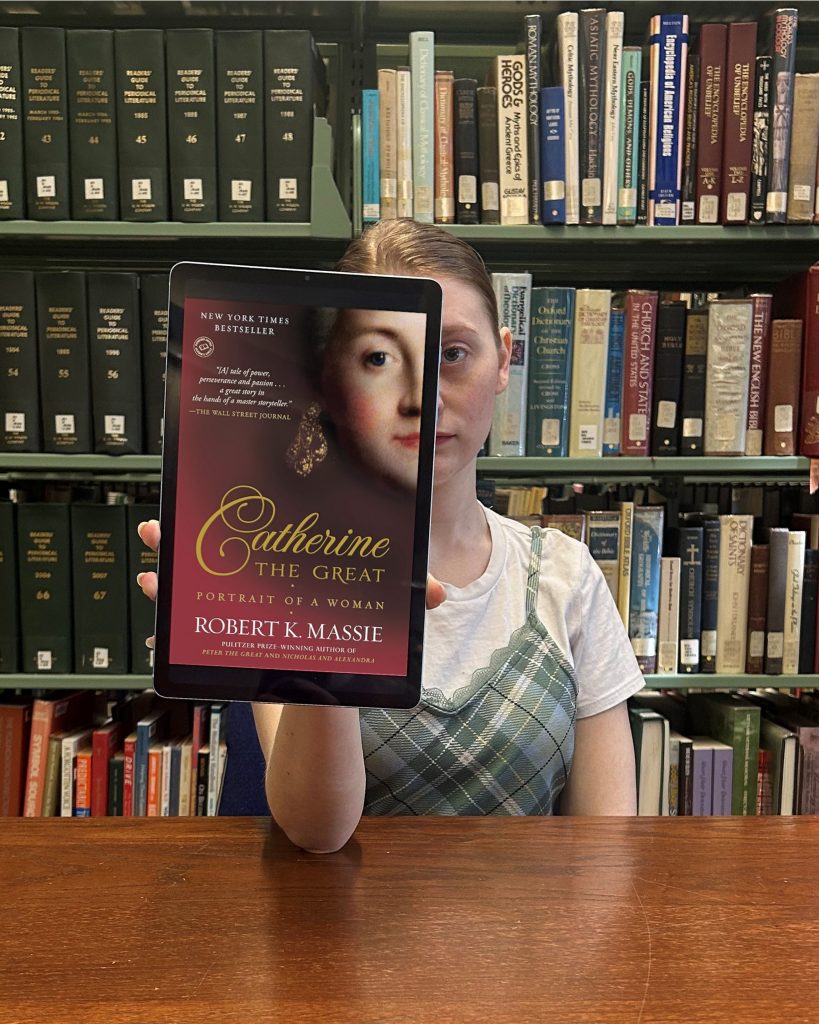
Happy Woman’s History Month! “Catherine the Great: Portrait of a Woman” by Robert K. Massie (Random House Trade Paperbacks, 2012) is a narrative biography that delves into the story and history of Catherine the Great.
It’s available as an eBook and Audiobook through Nebraska OverDrive Libraries and is currently featured in the “Woman’s History” curated collection, along with many other novels highlighting woman throughout history.“[A] meticulously detailed work about Catherine and her world. . . . Massie makes Catherine’s story as gripping as that of any novel. His book does full justice to a complex and fascinating woman and to the age in which she lived.”
— Historical Novels Review
Libraries participating in the Nebraska OverDrive Libraries Group currently have access to a shared and growing collection of digital downloadable audiobooks and eBooks. 194 libraries across the state share the Nebraska OverDrive collection of 26,898 audiobooks, 36,794 ebooks, and 5,133 magazines. As an added bonus it includes 130 podcasts that are always available with simultaneous use (SU), as well as SU ebooks and audiobook titles that publishers have made available for a limited time. If you’re a part of it, let your users know about this great title, and if you’re not a member yet, find more information about participating in Nebraska Overdrive Libraries!
Love this #BookFace & reading? We suggest checking out all the titles available for book clubs at http://nlc.nebraska.gov/ref/bookclub. Check out our past #BookFaceFriday photos on the Nebraska Library Commission’s Facebook page!
Book Club Spotlight – The Samurai’s Garden
Today’s Book Club Spotlight is a beautiful and heart-wrenching story of two nations whose fates are intertwined for better and worse. Of Chinese and Japanese descent, Gail Tsukiyama’s 1994 novel The Samurai’s Garden meditates on the treacherous history between her two cultures and finds humanity in the smallest of places. Traditional Japanese gardens, like those featured in the story, are said to be founded on ancient Chinese gardening techniques. And their unique artistry and storytelling through landscape make them renowned locations of peace and tranquility. This is not unlike the change and peace our Chinese protagonist finds during his time living in rural Japan during the Second Sino-Japanese War and the Nanjing (Nanking) Massacre. The recipient of numerous literary awards, Tsukiyama is the current Executive Director of the non-profit WaterBridge Outreach, which provides developing countries with literary material and access to clean water and sanitation.
All the young and able men are off fighting in China for the Japanese Empire, with each loss and success clouding those they have left at home. But despite the war, life goes on in the peaceful seaside village of Tarumi. And nestled on the outskirts of town is Chinese student Stephen, who has come to his family’s summer home to recuperate from tuberculosis. There, he finds a quiet spirituality in Japan that he never had in his busy Hong Kong home, watching as the diligent and quiet groundskeeper Matsu tends tirelessly to the expansive landscape garden. Over the course of a year, amongst the peaceful moss and trees, the story of Matsu and the people of the village come into focus as the pain of the past is superimposed on the pain of the present. Love is forged and lost, while Stephen’s heart is torn by the brutalities his people are facing at the hands of the very country in which he is finding peace.
“Even if you walk the same road a hundred times, you’ll find something different each time.”
– Gail Tsukiyama
In The Samurai’s Garden, our main character is sent away from his home to recover from Tuberculosis, far from all he knows. And he is not the only one there who is struggling with the isolation of illness. In a nearby leprosy village, Stephen sees first-hand the repercussions of the historical ostracization of these outcast people, if they even made it that far to begin with. Book Club Groups from teens and above will appreciate the thoughtful discussion on personal survival, honor, and humanity while learning about the different meanings of Japanese gardens which bring the story to life. Tsukiyama explores that while living in turbulent and painful times, we can find peace and beauty in nature and each other, how we can choose kindness and acceptance, even if the world is telling us to turn to hate.
More on Japanese Gardens:
- The Japanese Garden Society: Learn
- Types of Japanese Gardens
- Matsu’s garden is a Tsukiyama (like the author’s name!)
More about Tuberculosis:
- World Tuberculosis Day (March 24th, 2025)
If you’re interested in requesting The Samurai’s Garden for your book club, you can find the Request Form here. There are 8 copies. (A librarian must request items)
Tsukiyama, Gail. The Samurai’s Garden. St. Martin’s Press. 1994.
#BookFaceFriday “The Dream Lover” by Elizabeth Berg
#BookFaceFriday come rescue me!
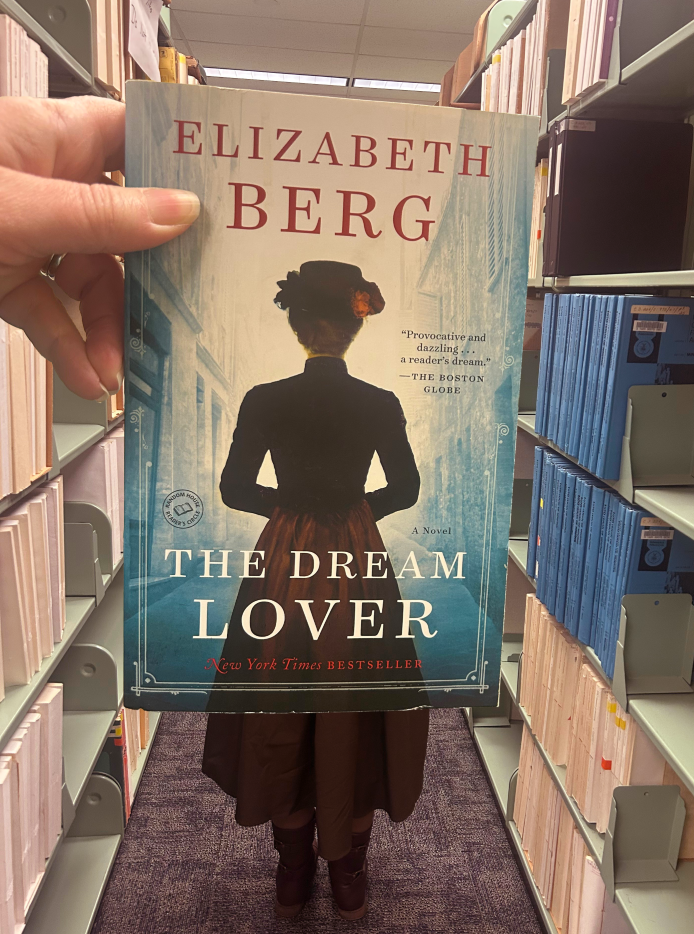
This #BookFaceFriday is a dream come true! At the beginning of “The Dream Lover” by Elizabeth Berg (Ballantine Books; Reprint edition; 2016), Aurore Duplin is leaving her estranged husband and life behind to move to Paris and pursue her dream of becoming a writer under the new name of George Sand.
We have 3 copies for your reading group to borrow in our Book Club Kit collection, and you can also find it in ebook format in the Nebraska OverDrive Libraries.“Fantastic . . . a provocative and dazzling portrait . . . Berg tells a terrific story, while simultaneously exploring sexuality, art, and the difficult personal choices women artists in particular made—then and now—in order to succeed. . . . The book, imagistic and perfectly paced, full of dialogue that clips along, is a reader’s dream.”
— The Boston Globe
Book Club Kits Rules for Use
- These kits can be checked out by the librarians of Nebraska libraries and media centers.
- Circulation times are flexible and will be based upon availability. There is no standard check-out time for book club kits.
- Please search the collection to select items you wish to borrow and use the REQUEST THIS KIT icon to borrow items.
- Contact the Information Desk at the Library Commission if you have any questions: by phone: 800/307-2665, or by email: Information Services Team
Libraries participating in the Nebraska OverDrive Libraries Group currently have access to a shared and growing collection of digital downloadable audiobooks and eBooks. 194 libraries across the state share the Nebraska OverDrive collection of 26,898 audiobooks, 36,794 ebooks, and 5,133 magazines. As an added bonus it includes 130 podcasts that are always available with simultaneous use (SU), as well as SU ebooks and audiobook titles that publishers have made available for a limited time. If you’re a part of it, let your users know about this great title, and if you’re not a member yet, find more information about participating in Nebraska Overdrive Libraries!
Love this #BookFace & reading? Check out our past #BookFaceFriday photos on the Nebraska Library Commission’s Facebook page!
Book Briefs: New University of Nebraska Press Books at the Nebraska Publications Clearinghouse
The Nebraska Publications Clearinghouse receives documents every month from all Nebraska state agencies, including the University of Nebraska Press (UNP). UNP books, as well as all Nebraska state documents, are available for checkout by libraries and librarians for their patrons.
Here are the UNP books the Clearinghouse received in January and February, 2025:
The Complete Letters of Henry James, 1888-1891, Volume 1, by Henry James, edited by Michael Anesko, et al. Series: The Complete Letters of Henry James
This first volume in The Complete Letters of Henry James, 1888–1891 contains 171 letters, of which 119 are published for the first time, written from late November 1888 to April 20, 1890. These letters continue to mark Henry James’s ongoing efforts to care for his sister, develop his work, strengthen his professional status, build friendships, engage with timely political and economic issues, and maximize his income, which included hiring an agent. James details his work on The Tragic Muse, “Mrs. Temperly,” “An Animated Conversation,” “The Solution,” and other fiction. This volume opens with James in France and concludes with James on the Continent. Dee MacCormack introduces the volume, paying close attention to James’s increasing interest in the theater.
Men of God : Medicant Orders in Colonial Mexico, by Asunción Lavrin. Series: Confluencias
A broadly researched cultural history, Men of God offers a path to understanding the concept of religious masculinity through an intimate approach to the study of friars and lay brothers in colonial Mexico. Though other scholars have focused on the missionary work of the Augustinian, Franciscan, and Dominican friars, few have addressed their everyday lives and how the internal discipline of their orders shaped them. In Men of God Asunción Lavrin offers a sweeping yet intimate history of the mendicant friars in New Spain from the late sixteenth through the eighteenth centuries.
Focusing on these individuals’ lives from childhood through death, Lavrin explores contemporaneous ideas, from how to raise a boy to the friars’ training as novices, and the similarities and differences in the life experiences of lay brothers and ordained members. She discusses their sexuality to reveal the challenges and failures of religious manhood, as well as the drive behind their missionary duties, especially in the late seventeenth through the eighteenth centuries. Men of God also explores the concepts and realities of martyrdom and death, significant elements in the spirituality of the mendicant friars of colonial Mexico.
Of Corn and Catholicism : a History of Religion and Power in Pueblo Indian Patron Saint Feast Days
In Of Corn and Catholicism Andrea Maria McComb Sanchez examines the development of the patron saint feast days among Eastern Pueblo Indians of New Mexico from the seventeenth century to the late nineteenth century. Focusing on the ways Pueblo religion intertwined with Spanish Catholicism, McComb Sanchez explores feast days as sites of religious resistance, accommodation, and appropriation. McComb Sanchez introduces the term “bounded incorporation” to conceptualize how Eastern Pueblo people kept boundaries flexible: as they incorporated aspects of Catholicism, they changed Catholicism as well, making it part of their traditional religious lifeway.
McComb Sanchez uses archival and published primary sources, anthropological records, and her qualitative fieldwork to discuss how Pueblo religion was kept secret and safe during the violence of seventeenth-century Spanish colonialism in New Mexico; how Eastern Pueblos developed strategies of resistance and accommodation, in addition to secrecy, to deal with missionaries and Catholicism in the eighteenth and early nineteenth centuries; how patron saint feast days emerged as a way of incorporating a foreign religion on the Pueblos’ own terms; and how, by the later nineteenth century, these feast days played a significant role in both Pueblo and Hispano communities through the Pueblos’ own initiative.
Unsettling Cather, by Marilee Lindemann and Ann Romines. Series: Cather Studies, Volume 14
American author Willa Cather was born and spent her first nine years in the Shenandoah Valley of Virginia. Here, as an observant daughter of a privileged white family, Cather first encountered differences and dislocations that remained lively, productive, and sometimes deeply troubling sites of tension and energy throughout her writing life.
The essays in Cather Studies, Volume 14 seek to unsettle prevailing assumptions about Cather’s work as she moved from Virginia to Nebraska to Pittsburgh to New York City to New Mexico and farther west, and to Grand Manan Island. The essays range from examinations of how race shapes and misshapes Cather’s final novel, Sapphira and the Slave Girl, to challenges to criticisms of her 1935 novel, Lucy Gayheart. Contributors also frame fresh discussions of Cather’s literary influences and cultural engagements in the first decade of her career as a novelist through the lens of sex and gender and examine Cather’s engagements with region as a geopolitical, sociolinguistic, and literary site. Together, the essays offer compelling ways of seeing and situating Cather’s texts—both unsettling and advancing Cather scholarship.
**Pictures and Synopses courtesy of University of Nebraska Press.
What’s Up Doc? New State Agency Publications at the Nebraska Library Commission
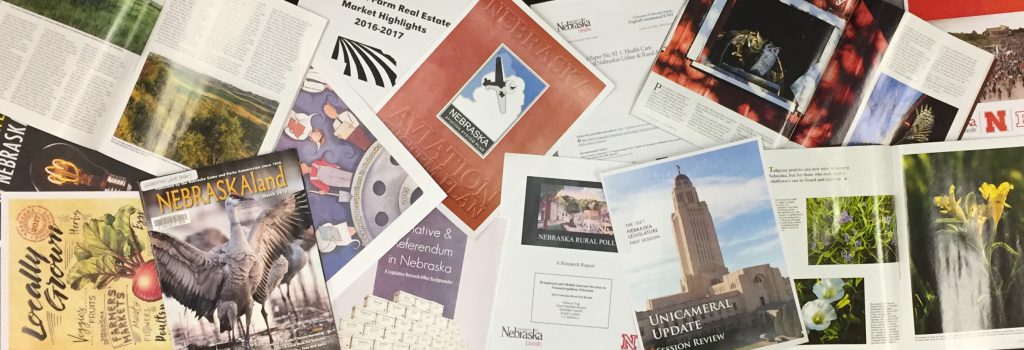
New state agency publications have been received at the Nebraska Library Commission for January and February, 2025. Included are reports from the Nebraska Auditor of Public Accounts, the Nebraska’s Coordinating Commission for Postsecondary Education, the Nebraska Department of Environment and Energy, various Nebraska Legislative Committees, and titles from University of Nebraska Press, to name a few.
With the exception of the University of Nebraska Press titles, items are available for immediate viewing and printing by clicking directly in the .pdf below. The University of Nebraska Press titles can be checked out by librarians for their patrons here: Online Catalog.
The Nebraska Legislature created the Nebraska Publications Clearinghouse in 1972 as a service of the Nebraska Library Commission. Its purpose is to collect, preserve, and provide access to all public information published by Nebraska state agencies. By law (State Statutes 51-411 to 51-413) all Nebraska state agencies are required to submit their published documents to the Clearinghouse. For more information, visit the Nebraska Publications Clearinghouse page, contact Aimee Owen, Government Information Services Librarian; or contact Bonnie Henzel, State Documents Staff Assistant.
Posted in Books & Reading, Education & Training, General, Information Resources, What's Up Doc / Govdocs
Tagged books, GovDocs, Reading
Leave a comment
#BookFaceFriday “Birding with Benefits” by Sarah T. Dubb
Is that a #BookFaceFriday I see?
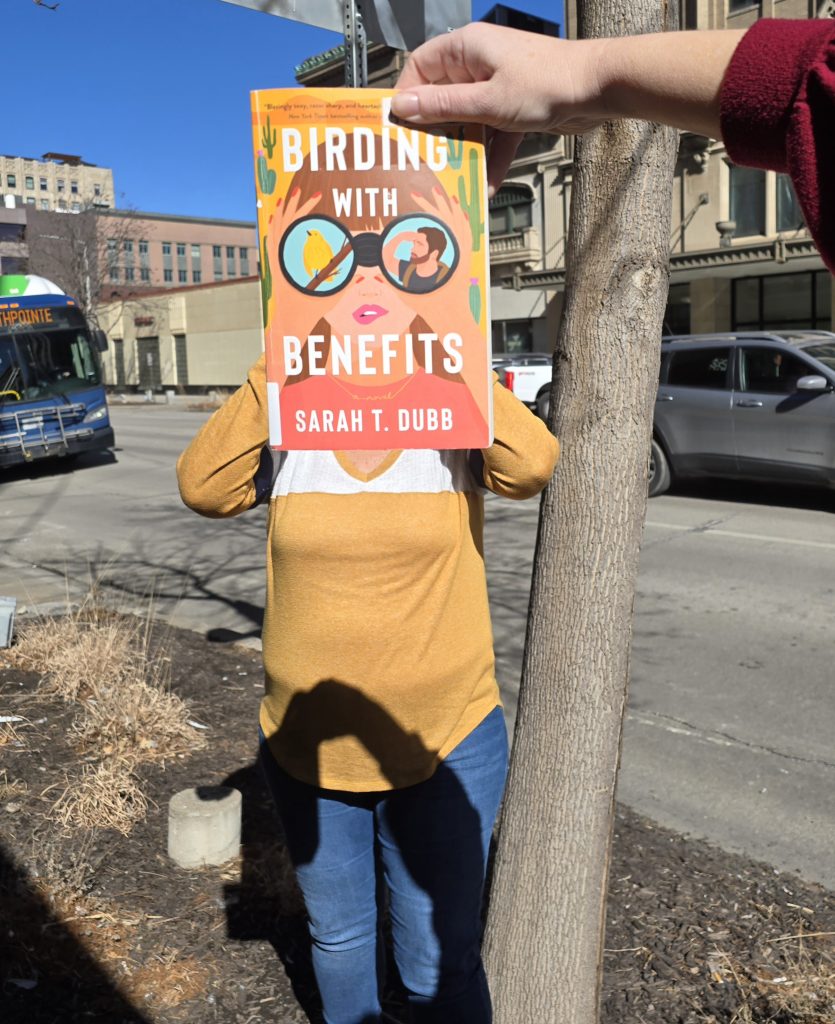
The sun is shining and the birds are flying! If the springtime weather has you in the mood for romance then this #BookFace has you covered! “Birding with Benefits”, Sarah T. Dubb’s debut novel (Gallery Books, 2024), follows divorcee Celeste on her “year of yes” which leads her to John, the shy but sensitive birdwatcher.
It’s available as an eBook through Nebraska OverDrive Libraries, and if you’re looking for more contemporary rom-coms the featured “You Turn My Pages” curated collection available on OverDrive is the perfect place to look!“The slowly simmering romance that blossoms between plucky heroine and heart-of-gold hero results in some love scenes that are as hot as the desert sun in July.”
— Booklist (starred review)
Libraries participating in the Nebraska OverDrive Libraries Group currently have access to a shared and growing collection of digital downloadable audiobooks and eBooks. 194 libraries across the state share the Nebraska OverDrive collection of 26,898 audiobooks, 36,794 ebooks, and 5,133 magazines. As an added bonus it includes 130 podcasts that are always available with simultaneous use (SU), as well as SU ebooks and audiobook titles that publishers have made available for a limited time. If you’re a part of it, let your users know about this great title, and if you’re not a member yet, find more information about participating in Nebraska Overdrive Libraries!
Love this #BookFace & reading? We suggest checking out all the titles available for book clubs at http://nlc.nebraska.gov/ref/bookclub. Check out our past #BookFaceFriday photos on the Nebraska Library Commission’s Facebook page!
Posted in Books & Reading, General
Tagged Birding with Benefits, Book Covers, bookface, bookfacefriday, books, Nebraska OverDrive Libraries, Reading, Rom-Com, romance, Sarah T Dubb
2 Comments
Book Club Spotlight – The Legend of Bass Reeves
This year’s theme for Black History Month, chosen by the Association for the Study of African American Life and History, is “African Americans and Labor”. Today’s Book Club Spotlight by author Gary Paulsen takes a well-deserving look at a Black man who not only served his community faithfully through his work but excelled far above his station. ALA Notable Book and One Book for Nebraska Teens 2017, The Legend of Bass Reeves, is at once a historical fiction novel and historical fact. Known for his outdoor adventure novels, Paulsen writes vignettes based on the life of Bass Reeves, interspersing them with historical background, making the case for Reeves to be the one true hero of the West.
An illiterate runaway slave, Bass Reeves was the true, unknown icon of the Western Frontier. Despite facing down the barrel of a gun countless times, he was never injured, and he never shot first. Having daringly escaped slavery at 17, Bass lived free in the lawless land of Indian Territory- run by gangs and thieves. After saving one of their own from wolves, he finds companionship and family with the Muscogee Creek people for over 20 years. Never one to slow or turn down a challenge, at the age of 51, Reeves took up the badge and became the most successful and feared Deputy Federal Marshal of the West, his life story rivaled only by the fictional Lone Ranger.
“They could kill him, but they’d never own him again.”
-Gary Paulsen
For readers 10 and up, The Legend of Bass Reeves is a mostly fictional account of the real man. Unfortunately, as an illiterate former slave, Reeves did not keep any journals, and not much was written about him while he was alive. Paulsen sets out to right some of this wrong, pulling Reeves from obscurity. For his young audience, Paulsen wanted to give the unstoppable and honorable Bass Reeves his due instead of the outlaws like Billy the Kid and Butch Cassidy. The Legend of Bass Reeves, while about the heroic man, also delves into the lawless West, from the makeup of the land, the communities, and the treatment of Black and Native peoples in an accessible way for young readers to understand and any Book Club Group to discuss the finer points of.
If you’re interested in requesting The Legend of Bass Reeves for your book club, you can find the Request Form here. There are 11 copies. (A librarian must request items)
Paulsen, Gary. The Legend of Bass Reeves. Random House. 2006.
Posted in Books & Reading
Tagged Black History Month, book club spotlight, books, Reading
Leave a comment
#BookFaceFriday “The Cold Cold Ground” by Adrian McKinty
What’s cooler than being cool? #BookFaceFriday!

Brrr!!! I don’t know about you, but this weather makes me want to stay indoors and curl up with a good book, like this week’s #BookFaceFriday, “The Cold Cold Ground” by Adrian McKinty (Blackstone Publishing, 2019). It’s the first book in the Detective Sean Duffy mystery series.
Available as an eBook and Audiobook through Nebraska OverDrive Libraries, along with the rest of the series and several other titles of this Edgar award-winning author.“A fascinating look at everyday life in Northern Ireland during ‘the Troubles.’ The protagonist is clever and funny, the interaction of the police and various factions is eye-opening, and the mystery is intriguing, with an unexpected twist at the end.”
— RT Book Reviews
Libraries participating in the Nebraska OverDrive Libraries Group currently have access to a shared and growing collection of digital downloadable audiobooks and eBooks. 194 libraries across the state share the Nebraska OverDrive collection of 26,898 audiobooks, 36,794 ebooks, and 5,133 magazines. As an added bonus it includes 130 podcasts that are always available with simultaneous use (SU), as well as SU ebooks and audiobook titles that publishers have made available for a limited time. If you’re a part of it, let your users know about this great title, and if you’re not a member yet, find more information about participating in Nebraska Overdrive Libraries!
Love this #BookFace & reading? We suggest checking out all the titles available for book clubs at http://nlc.nebraska.gov/ref/bookclub. Check out our past #BookFaceFriday photos on the Nebraska Library Commission’s Facebook page!
#BookFaceFriday “Business Casual” by B.K. Borison
We’re head over heels for #BookFaceFriday!

Happy Valentine’s Day! If you’re in the mood for love, you’ve come to the right #BookFaceFriday! “Business Casual” by B.K. Borison (Berkley, 2024), is the fourth book in the Lovelight series of contemporary romantic comedies.
It’s available as an eBook and Audiobook through Nebraska OverDrive Libraries, along with the first 3 books in the series as eBooks. They are currently featured in the “You Turn My Pages” curated collection available on OverDrive.“The way Borison softly weaves together a friends-with-benefits and opposites-attract romance, while also incorporating Charlie’s ADHD and people-pleasing and Nova’s perfectionism, will keep readers starry-eyed as they imagine visiting the beloved small town of Inglewild…This final and fourth book in the “Lovelight” series, after Mixed Signals, is a knockout.”
— Library Journal (starred review)
Libraries participating in the Nebraska OverDrive Libraries Group currently have access to a shared and growing collection of digital downloadable audiobooks and eBooks. 194 libraries across the state share the Nebraska OverDrive collection of 26,898 audiobooks, 36,794 ebooks, and 5,133 magazines. As an added bonus it includes 130 podcasts that are always available with simultaneous use (SU), as well as SU ebooks and audiobook titles that publishers have made available for a limited time. If you’re a part of it, let your users know about this great title, and if you’re not a member yet, find more information about participating in Nebraska Overdrive Libraries!
Love this #BookFace & reading? We suggest checking out all the titles available for book clubs at http://nlc.nebraska.gov/ref/bookclub. Check out our past #BookFaceFriday photos on the Nebraska Library Commission’s Facebook page!
Posted in Books & Reading, General
Tagged B.K. Borison, Book Covers, bookface, bookfacefriday, books, Nebraska OverDrive Libraries, Reading, Rom-Com, romance
Leave a comment
Book Club Spotlight – Washington Black
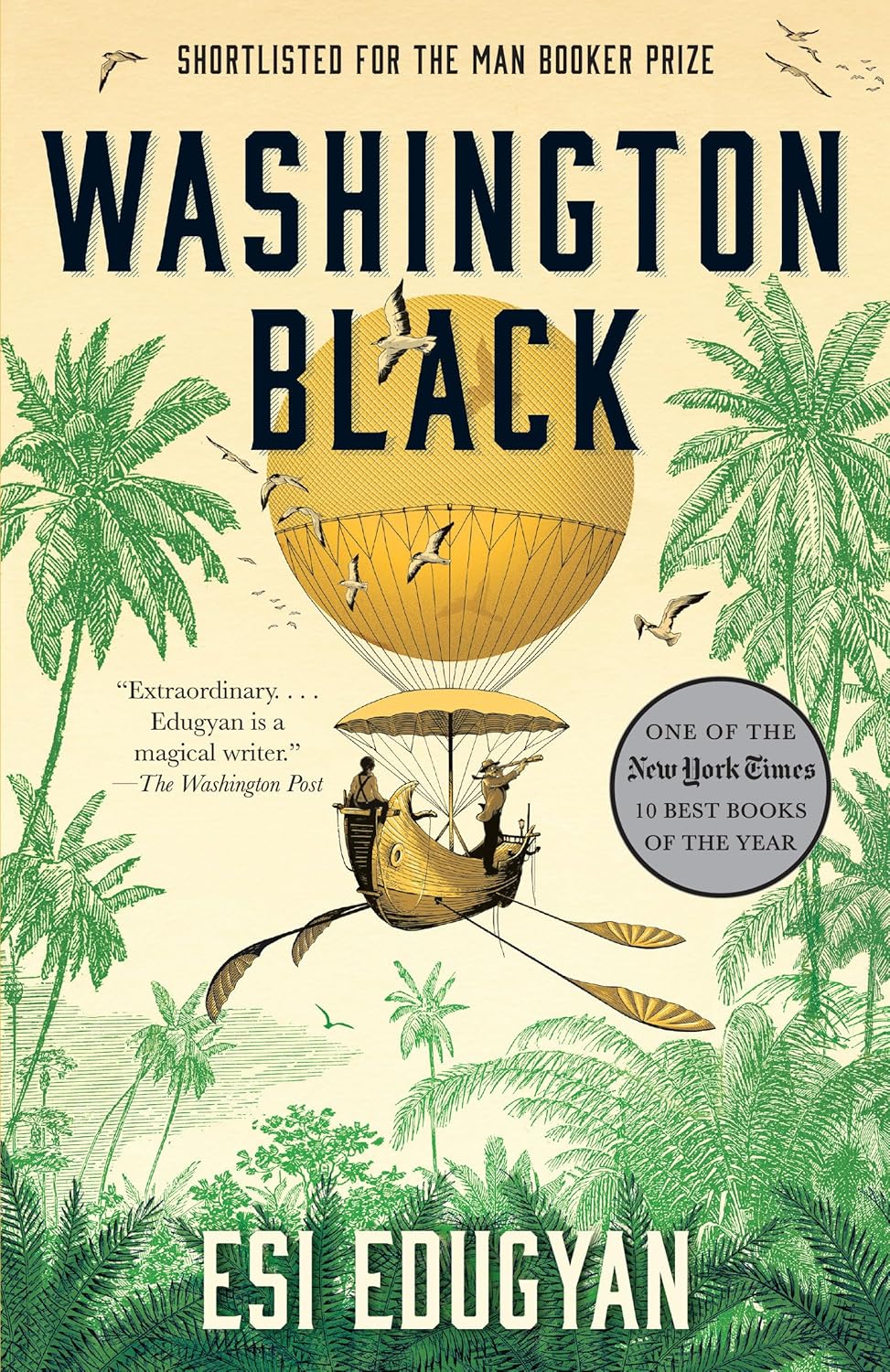
Every February since the 1920s, the United States has celebrated Black History, and our neighbors up in Canada first observed the holiday in 1979. Like us, Canadians continue to celebrate Black History Month by uplifting and learning about “the legacy and contributions of Black people in Canada and their communities.” In honor of that legacy, today’s Book Club Spotlight, Washington Black, is a historical fiction novel by the incredible Canadian author Esi Edugyan. Edugyan, daughter of Ghanaian immigrants and an accomplished novelist, is not only the first Black woman to win the prestigious Scotiabank Giller Prize, but she won it twice!
Deep in the sugar cane plantations of Barbados, naturalist Christopher Wilde and his newly appointed eleven-year-old manservant Washington Black burst out of the treetops on a flying balloon named ‘The Cloud Cutter’. They are fleeing from Faith plantation, where Washington, a slave, has just witnessed the death of a white man, meaning he could very well be next. The pair journey across the world together, chasing after ghosts, until Washington must take up the mantle and chase after Christopher’s. A whip-smart marine illustrator and aspiring scientist, Washington Black may be physically free from the constraints of slavery, but its history refuses to let him go.
“I understood there were many ways of being in the world, that to privilege one rigid set of beliefs over another was to lose something. Everything is bizarre, and everything has value. Or if not value, at least merits investigation.”
– Esi Edugyan
Shortlisted for the Booker Prize (which Edugyan would go on to chair in 2023), Washington Black takes a look at what comes after slavery. Young Washington is taken from his world and his family by this White Savior, who ultimately leaves him. Washington, reeling from his abandonment with nothing else in the world, must create his future while facing systemic and racial challenges wherever he goes. Washington has a brilliant mind for marine biology but cannot exist in the same scientific circles as his white counterparts of the 1830s. It simply isn’t done. Even as a free man, slavery has left a mark on his life, physically, emotionally, and in his pursuit of meaning. This adventure novel takes its readers on a trip around the globe. Adult Book Club Groups will explore new locales, meet strange characters, and discuss how our destiny is unwittingly shaped by those around us.
If you’re interested in requesting Washington Black for your book club, you can find the Request Form here. There are 10 copies. (A librarian must request items)
Edugyan, Esi. Washington Black. Vintage. 2019
#BookFaceFriday “Tuck Everlasting” by Natalie Babbitt
This #BookFace could go on and on forever!

Can’t stop, won’t stop with this week’s #BookFaceFriday! First published in 1975, “Tuck Everlasting” by Natalie Babbitt (Farrar, Straus and Giroux,2007) was an early Golden Sower nominee and is still a mainstay in classrooms across the country.
We have 11 copies for your reading group to borrow in our Book Club Kit collection, and you can also find it in audiobook format in the Nebraska OverDrive Libraries. It’s only one of many book club kits school and public libraries can borrow for their school-aged reading groups. You can browse our collection by genre, grade level, or keyword search; use the keywords “Golden Sower” to find all the titles we have that have won or been nominated for the award. Best of all, loan periods are flexible to meet your group’s needs!“Rarely does one find a book with such prose. Flawless in both style and structure, it is rich in imagery and punctuated with light fillips of humor. The author manipulates her plot deftly, dealing with six main characters brought together because of a spring whose waters can bestow everlasting life. . . . Underlying the drama is the dilemma of the age-old desire for perpetual youth”
— The Horn Book Magazine
Book Club Kits Rules for Use
- These kits can be checked out by the librarians of Nebraska libraries and media centers.
- Circulation times are flexible and will be based upon availability. There is no standard check-out time for book club kits.
- Please search the collection to select items you wish to borrow and use the REQUEST THIS KIT icon to borrow items.
- Contact the Information Desk at the Library Commission if you have any questions: by phone: 800/307-2665, or by email: Information Services Team
Love this #BookFace & reading? Check out our past #BookFaceFriday photos on the Nebraska Library Commission’s Facebook page!

